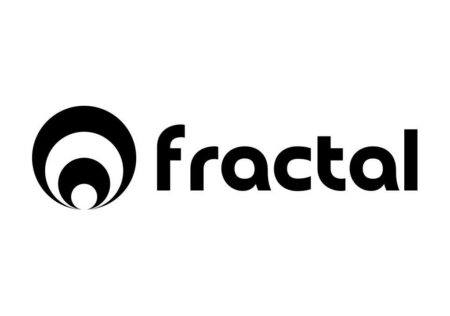Microsoft has recently delegated the development of its premier artificial intelligence tools and software to OpenAI, a decision that could potentially benefit its competitor, Google, according to Todd McKinnon, CEO of Okta, a top provider of cloud-based software solutions for businesses to manage and secure who has access to their digital resources.
Per a report by Ryan Browne for CNBC, as Google seeks to maintain its supremacy in search, it continues to control its research and development efforts, unlike Microsoft, which is outsourcing these crucial components to OpenAI.
The report says that Google’s foundational work on transformers, the deep-learning models crucial for generative AI technologies, underscores its strong position. McKinnon claims that these models, which understand context and meaning by analyzing sequential data, were developed by Google and its DeepMind research team and that this technology forms the backbone of many large language models (LLMs) driving recent AI advancements.
McKinnon expressed concerns that Microsoft’s strategic move might reduce its role in AI development to that of a consultancy, given that many of its top products now incorporate technology from OpenAI. Microsoft has invested heavily in OpenAI, with its total investment reportedly reaching $13 billion. This investment is intended to accelerate AI breakthroughs and ensure that the benefits are widely shared.
The partnership has led to significant integrations of OpenAI’s technology into Microsoft’s products, such as the Copilot generative AI chatbot and PCs equipped with generative AI software. This heavy reliance on OpenAI has raised questions about Microsoft’s strategic positioning in the AI market.
The CNBC report also mentions that Google faces its own set of challenges. Google has encountered several public issues with its AI products. For example, its AI chatbot Gemini, initially called Bard, provided incorrect answers in a promotional ad, and the Gemini image generator produced inaccurate historical images, leading Google to temporarily suspend the tool.
The immense investments by major tech firms in AI have also raised concerns about competition and cybersecurity. McKinnon warned that challenges such as disinformation could impede technological progress and predicted that stringent regulations might result in only the most powerful companies retaining control over AI. While the potential for artificial intelligence is substantial, he cautioned that excessive regulation could limit the industry to a few dominant players.
Featured Image via Pixabay









